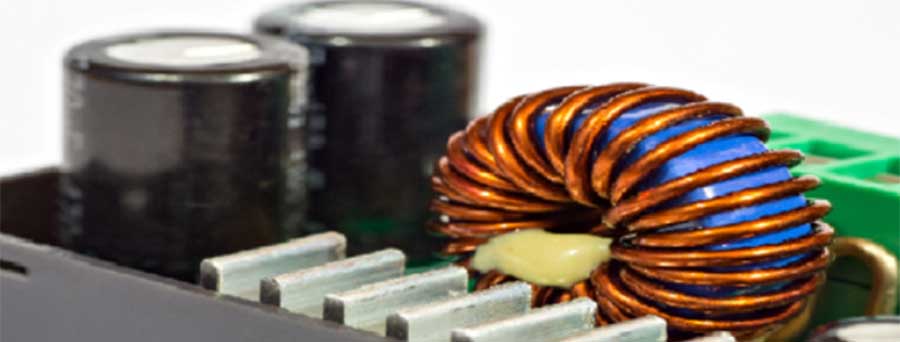Custom coil winding, which involves tailoring coil design to specific application requirements, is a specialized field where coil packing density plays a crucial role. The optimal packing density directly affects the performance and efficiency of custom-wound toroidal coils. Let’s explore how coil packing density influences the custom coil winding process and its implications.
Tailoring Coil Design to Specific Requirements
 Custom coil winding aims to meet the specific needs of various applications, ranging from power electronics to electromagnetic devices. Achieving the desired functionality often requires precise control over the coil’s magnetic field, electrical characteristics, and physical dimensions. Coil packing density becomes a critical parameter in fine-tuning the coil’s behavior.
Custom coil winding aims to meet the specific needs of various applications, ranging from power electronics to electromagnetic devices. Achieving the desired functionality often requires precise control over the coil’s magnetic field, electrical characteristics, and physical dimensions. Coil packing density becomes a critical parameter in fine-tuning the coil’s behavior.
Optimization for Magnetic Field Control
In custom coil winding, the magnetic field distribution is of utmost importance. Achieving the desired magnetic field strength and uniformity requires careful consideration of coil packing density. Engineers can control the magnetic field intensity and spatial distribution by adjusting the packing density. This is particularly relevant in magnetic sensors, transformers, and inductors.
Minimizing Electrical Losses
Custom coil winding involves optimizing the electrical performance of the coil. Proper coil packing density helps minimize electrical losses, ensuring efficient power transfer. By tightly packing the windings, proximity effects and resistive losses can be reduced. This is particularly critical in high-frequency applications where even small losses can significantly impact performance.
Heat Dissipation and Thermal Management
In custom coil winding, thermal management is a vital consideration. Controlling coil packing density helps optimize heat dissipation and temperature regulation. Engineers can ensure efficient cooling and prevent excessive temperature rise by carefully selecting the packing density. Adequate packing density is significant in applications where the coil operates under high currents or experiences frequent temperature fluctuations.
Balancing Constraints in Custom Coil Design
Designing custom coils often involves navigating a complex set of constraints. Coil packing density is a constraint that must be considered alongside factors like wire gauge, insulation requirements, and mechanical limitations. Achieving the desired packing density while adhering to these constraints requires a meticulous design approach.
Practical Considerations in Custom Coil Winding
To optimize coil packing density in custom coil winding, it is essential to consider the following practical aspects:
- Wire Selection: Choosing the appropriate wire gauge and type is crucial for achieving the desired packing density. Thinner wires allow for tighter packing, but considerations such as current-carrying capacity and mechanical strength must be considered.
- Insulation Techniques: The choice of insulation materials and techniques should balance achieving the desired packing density and ensuring electrical isolation. Proper insulation allows for closer winding proximity without compromising safety and performance.
- Winding Machinery and Techniques: Advanced winding machinery and techniques can help achieve consistent and precise coil packing density. Automated winding systems control packing density more than manual winding methods.
- Testing and Validation: After custom coil winding, thorough testing and validation are crucial to ensure the desired electrical and magnetic performance. Parameters such as inductance, resistance, and magnetic field strength should be measured to confirm that the packing density meets the design specifications.
Custom coil winding requires careful consideration of coil packing density to optimize performance and efficiency. By understanding the impact of packing density on magnetic field distribution, electrical losses, and thermal behavior, engineers can tailor the winding process to meet specific application requirements. Achieving the right balance in coil packing density is crucial for delivering high-quality custom-wound toroidal coils.

